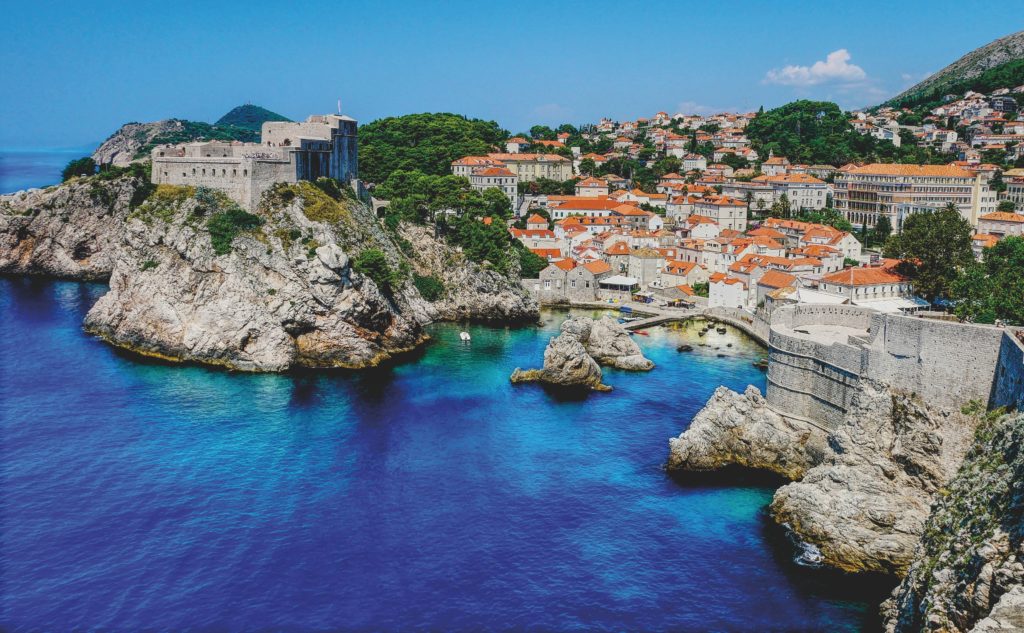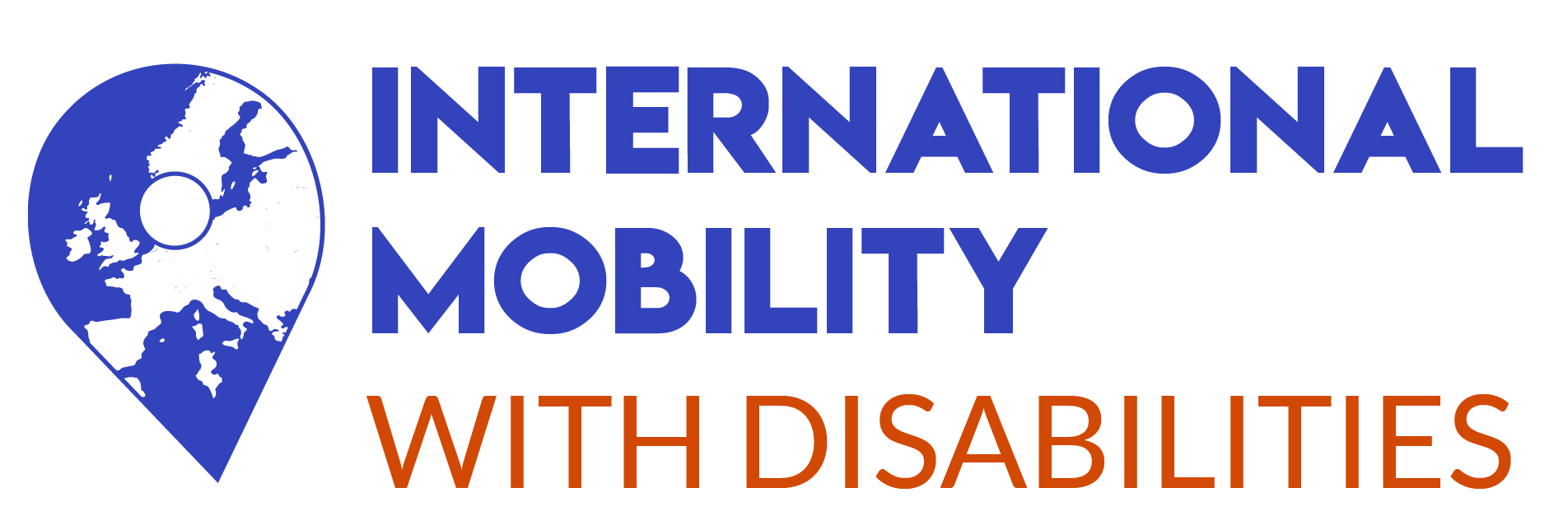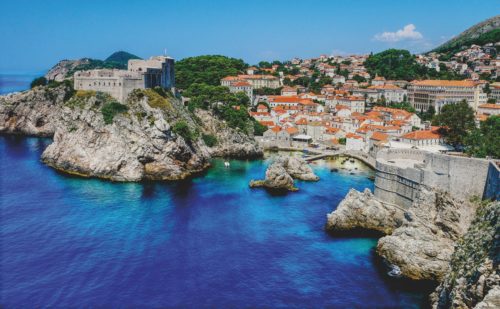Croatia is a small country whose diversity fascinates. Apart from the differences in its climate and dialects, the north and south of Croatia also differ culturally in many ways. But if you’re a tourist, these differences won’t seem so significant to you.

If you are a tourist with disability, there are 10 things you should know before coming to Croatia:
- Strangers will often approach you and ask if you need any assistance, even if it’s clear you don’t – sometimes they forget that there are situations where people with disabilities don’t need any assistance
- Strangers on the street are willing to help – whoever you ask for help on the street will be happy to do so, but the elderly may not know any English. You may be curiously asked questions about the reasons for your disability while providing assistance.
- If you go somewhere alone, people will be surprised that no one is with you – as if it is implied that a person with disability should have an assistant when going to public places.
- There is rarely a person in public places to professionally provide assistance for people with disabilities – probably for the reason described in previous point.
- If someone is with you, it is not uncommon for people to turn to that person and ask, “How is he/she?”, instead of directly asking you – people in Croatia are still often not sure how they should communicate with a person with disability, so they prefer to turn to the person accompanying him/her.
- People will let you cross the queue – whether it is a long or a very short queue, people in front of you will be willing to let you go first, on their own initiative.
- The level of accessibility varies a lot. Not every city has as many accessible places as Zagreb – Zagreb is by far the most accessible city in Croatia. Smaller towns, and especially smaller places, have significantly less accessible places, which could make it difficult for you to move around and find suitable apartment.
- Most entrances to buildings, public transport and taxis are not accessible – there are only accessible taxi vehicles in some cities. At the entrance to a building or institution, you will probably need to seek the help of another person, as well as in public transport. Still, the staff is really helpful.
- Disability toilets are often locked – Disability toilets are not always available, but even when they are, you may have trouble getting the key. When you finally enter, you will most likely be greeted inside by a bunch of things that will make it difficult for you to move around, such as brooms or hoovers.
- Sonic traffic lights are a real rarity – unfortunately, that’s right ☹
Now, being aware of these challenges, I hope that you will decide to focus on the positive things from the list and visit Croatia, when the conditions let you. Certainly, there are many beautiful and friendly places that will leave you speechless.
Visit Croatia, it’s worth it!
Written by: Ivona Šeparović

